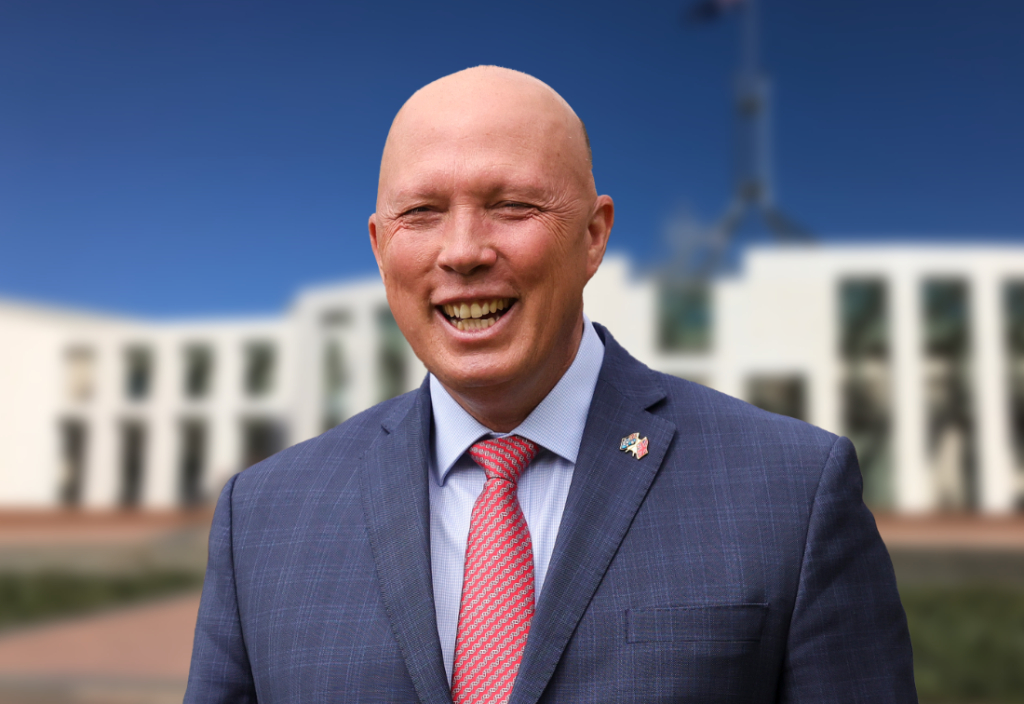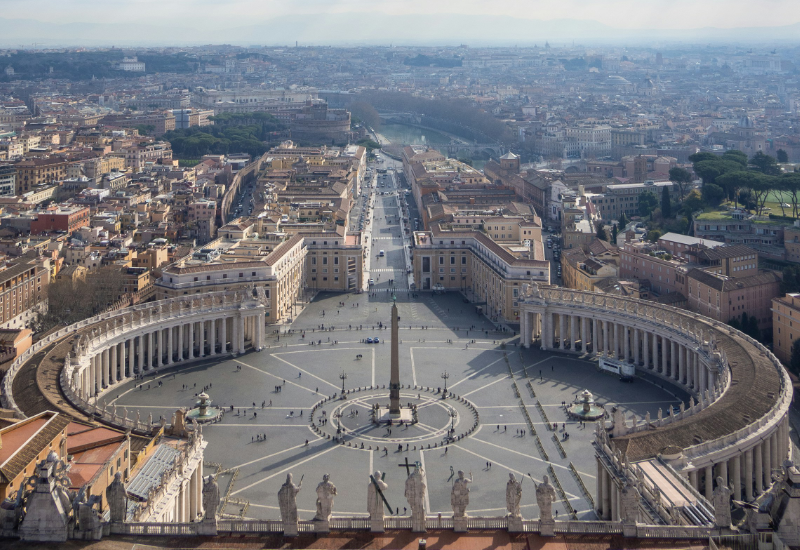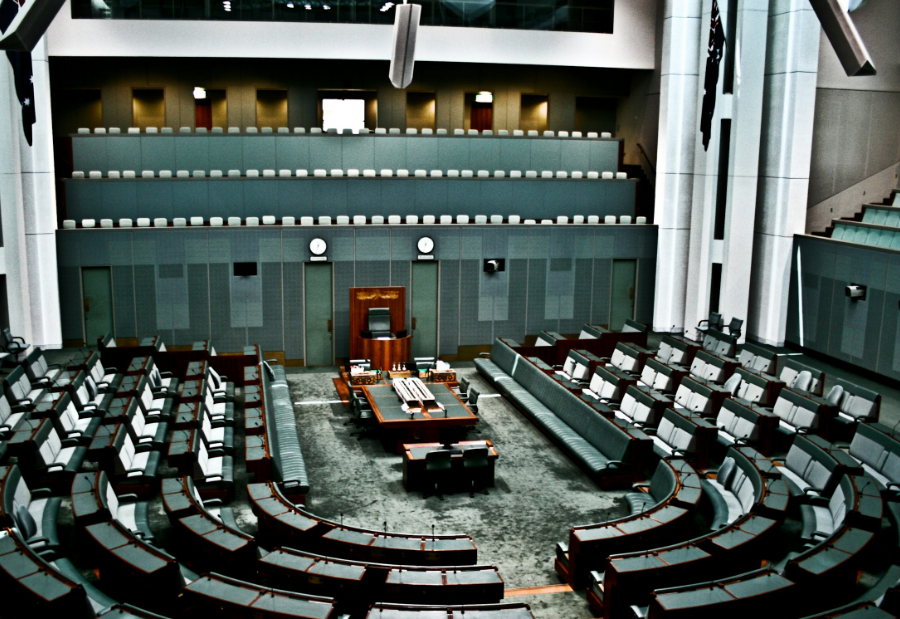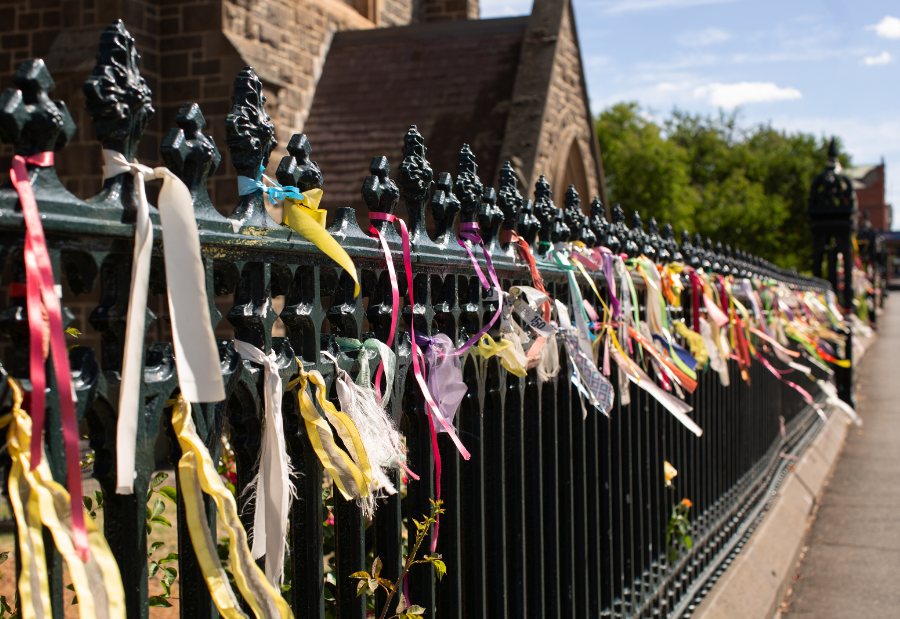In The Australian on March 25 this year, front page and op-ed coverage was given to objections by the Catholic Archbishop of Sydney to the final report of the Australian Law Reform Commission (ALRC) on religious schools.
The ALRC’s final report had been released the previous Thursday. The headline on page 1 was, ‘We are losing our religion, slice by slice’. Archbishop Anthony Fisher’s objections warrant comment among Rationalists.
Full disclosure: I was born, baptised and raised a Catholic. I attended Catholic schools of the old-fashioned kind from Prep to Year 12 (1962-1974). I was head altar boy in my local parish in 1974. It was widely expected in my community that I would become either a priest – and ultimately a bishop – or a ‘good Catholic lawyer’. Instead, as soon as I left school, I repudiated Catholicism, declared myself an atheist and set about re-educating myself in the realities of history, science and human affairs, including my sexuality.
Against that background, I have very mixed feelings about the objections raised by Archbishop Fisher to the ALRC’s and the ALP government’s calls for religious (including Catholic) institutions to be subject to the same laws as everyone else, when it comes to employment, social services, taxation and ethics. I say “mixed feelings” because there is a very long history behind the current debates over religion in society and the exercise of religious toleration.
What exactly are Fisher’s objections? He stated, in his op-ed:
The recommendations of the Australian Law Reform Commission relating to faith-based education must be rejected because, if implemented, they would undermine the freedom of parents to choose such an education for their children and the freedom of religious groups to offer them.
Much hangs here, then, on the question of whether a contemporary society should want a specifically religious education in schools to be offered, especially if heavily subsidised by the state.
Put aside, for a moment, the question of Catholic education specifically. Should there be separate religious schools for Protestant Christians, Jews, Muslims, Hindus, Baha’i, Buddhists, Mormons, Church Dravidians and on and on? What if there was simply ‘education’, with religion set aside to be studied on their own time by children, either at their own or their parents’ initiative?
After all, if education is to be ‘religious’, doesn’t that entail all manner of highly questionable things being taught as if integral to a serious education – from Creationism to ideas of travel at night on winged horses, to doctrines of an imminent apocalypse or the ritual ‘eating of the god’? Shouldn’t such things be set aside so that children will learn science, history and geography, among other things, without these things being jumbled up with strange fictions?
What if there was simply ‘education’, with religion set aside to be studied on their own time by children, either at their own or their parents’ initiative?
Fisher declares that the ALRC has ignored expressions of concern raised in response to its interim report and has given “no weight to the benefit faith-based schooling has been to millions of Australian families for more than 200 years”. But he confuses two things here: the motivation of religious believers to teach children knowledge and skills useful in making a life, versus the instruction of such children in specifically religious belief.
It is that conflation that we need to unpick. Similarly, when Fisher objects to the finding by the Productivity Commission that “no religious activity can truly be seen as charitable”, what is needed is a disambiguation between the motivation to be charitable and the mode of charitable service delivery.
There is no question that the Judaic and Christian religions have, from their oldest roots, taught the virtues of charity and campaigned in various good causes – not least the abolition of slavery – in the modern world. What is at issue is not whether they should keep studying the Bible or be involved in charitable work, but whether institutions set up to do such work should have privileged status.
All this said, there is a principle on the table here which we Rationalists cherish: that toleration and freedom of expression are vital to a secular and civilised society. That this principle is now being invoked by the Catholic Church, in defence of its institutional freedom of action, is ironical, seen in the context of the Catholic Church’s own prolonged rejection – until the Second Vatican Council, at least – of secular liberalism, liberal education and freedom of conscience in matters of religion. The boot is now, as it were, on the other foot.
Anyone in doubt on this point needs to read – or be required to answer to – the Papal encyclical Quanta Cura and The Syllabus of Errors, promulgated by Pope Pius IX on 8 December 1864, and the dogma of Papal Infallibility, promulgated on 24 April 1870, in the third session of the First Vatican Council. And we now live in a world of growing religious fanaticism – that of violent Muslims, ultra-Orthodox Jews, reactionary literalist Bible-thumping Christians, and what have you. There are certainly grounds for concern and for the adjustment of social rules and expectations regarding religion.
Religious believers, of course, tend either to insist that their beliefs are a ‘higher’ kind of truth, or that they are perfectly compatible with a belief in science, or that secular society is decadent and needs their influence to revitalise it. And they all vote. What, therefore, is to be done?
Surely, we Rationalists would say, in the spirit of John Stuart Mill (my ‘patron saint’, as it were), that clear, free and temperate debate is how we ought (all) to proceed. Archbishop Fisher has been given column space in a leading daily and he has a pulpit. But he fears he is losing the public debate.
What isn’t clear is how to proceed politically and socially when he and his co-religionists are convinced that the government, the ALRC and the Productivity Commission are acting prejudicially and unjustly. It won’t do to brush his stance aside. The Catholic Church is being sliced and diced. He is correct. We all need to be clear why and how.
Published 12 April 2024.
If you wish to republish this original article, please attribute to Rationale. Click here to find out more about republishing under Creative Commons.
Photo by Fidel Fernando on Unsplash.














